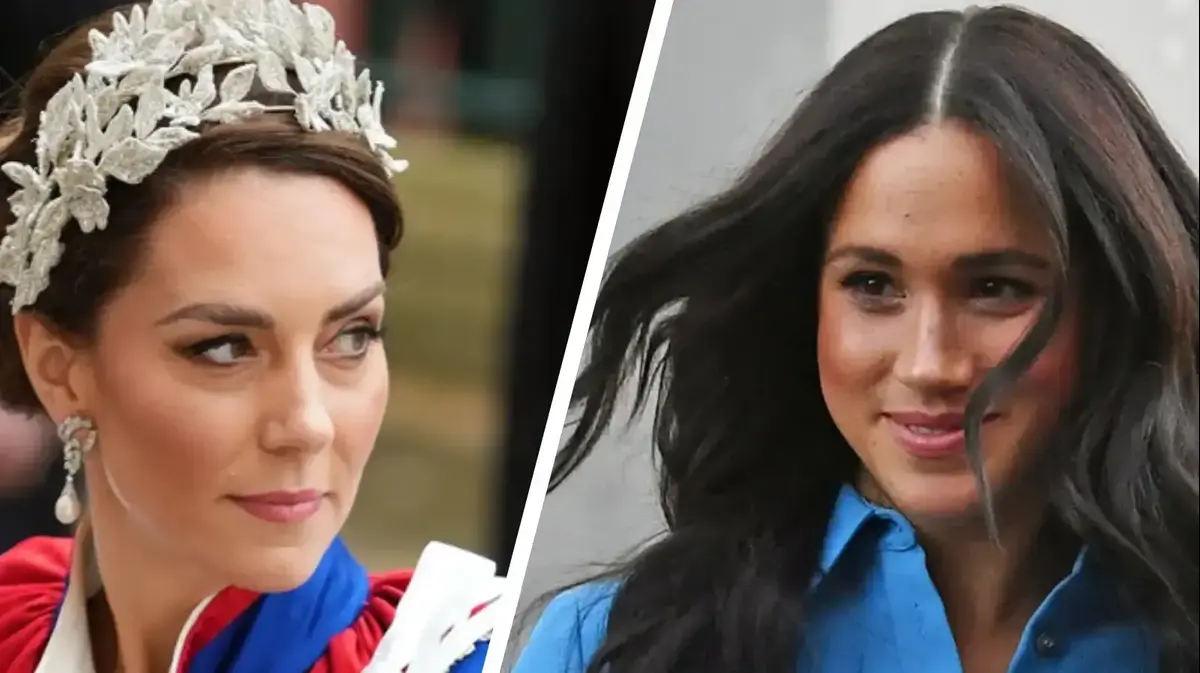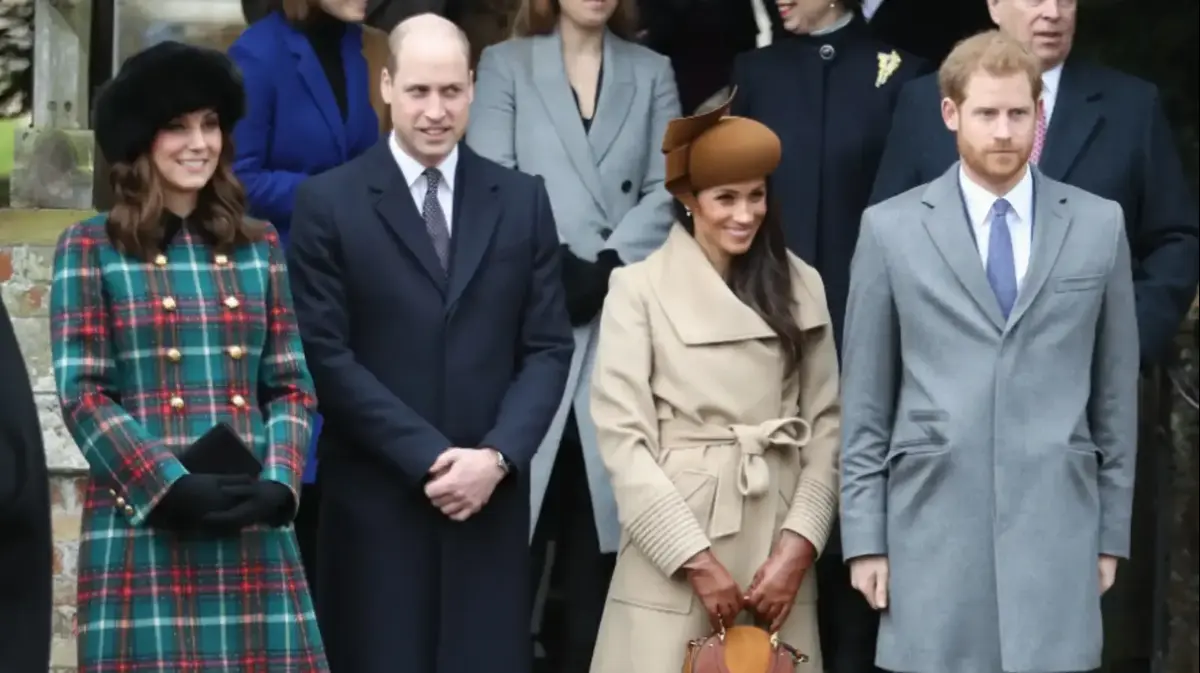The affair is causing a stir across the Channel.
On Thursday, the court of appeal dismissed the appeal of the English tabloid
Mail on Sunday
which challenged his conviction for invasion of the privacy of the Duchess of Sussex, Meghan Markle.
"We are now collectively brave enough to reshape a tabloid industry that pushes people to be cruel and takes advantage of the lies and the pain they create," the latter responded in a statement.
How did we get here ?
To understand this story, we have to go back to August 2018. At the time, the marriage between actress Meghan Markle and Prince Harry was the head of the British media, in a country where the privacy of celebrities is often considered to be of public interest.
In this context, the new Duchess of Sussex had wished to address her father, Thomas Markle, by exchange of letters.
She begged him to stop commenting on her romantic relationships in the press.
"You broke my heart into a thousand pieces
",
she wrote in particular.
This letter, passed through the hands of one of his close advisers Jason Knauf, leaked to the press.
The
Mirror on Sunday
, a
Sunday
tabloid belonging to the British newspaper
Daily Miror
, had published in "one" extracts of these private exchanges.
There followed a media scandal which led, among other things, to the withdrawal of the royal couple, since exiled in California.
To read also "I apologize to the court": Meghan Markle admits having participated in his unofficial biography
The Mirror
, sentenced to pay 530,000 euros
After a court appeal, Meghan Markle won the trial against the British media at first instance last February.
The
Mail on Sunday
had been ordered to report in "front page" of its defeat in court, and its publisher to pay 450,000 pounds (530,000 euros) to Meghan Markle, to compensate for his legal costs.
But the tabloid decided to appeal, and took the opportunity to argue that the Duchess's letter to her father had been written with the aim of influencing the media discourse, so that it was part of public debate.
He particularly regretted that the decision had been taken at first instance without going through a due process.
Dismissing the appeal, the court judges upheld the initial ruling which ruled that, regarding the contents of that letter, the "Duchess'" expectations of privacy were reasonable. "
A decision that weakens the British tabloids?
The Duchess of Sussex has made it clear that this is not the end of her fight against tabloid culture.
But it is very unlikely that things will change permanently according to Caroline Lazard, journalist at
Point de Vue
, a media specializing in crowned heads.
"The fact that British law recognizes this invasion of privacy is unprecedented," she said.
“But the tabloids will continue to comment on royal life, and conversely, the royal family will continue to negotiate with the tabloids.
It's give and take ”.
The relationship between the press and the royal family has always been framed by the “Royal Rota” system, a media accreditation process exclusively granted to certain newspapers to attend key events of the royal family.
“The disaster of Lady Diana's death has shaken things up from a royal family's privacy perspective.
Beside, the scale of the Markle-Miror affair is much smaller, ”abounds the specialist journalist.
The case is far from over since the Associated Newspapers Limited (ANL) group, publisher of
Miror on Sunday
, has planned to take the case to the British Supreme Court, see the European Court of Human Rights.









